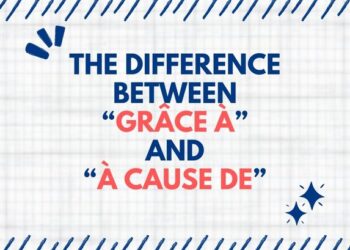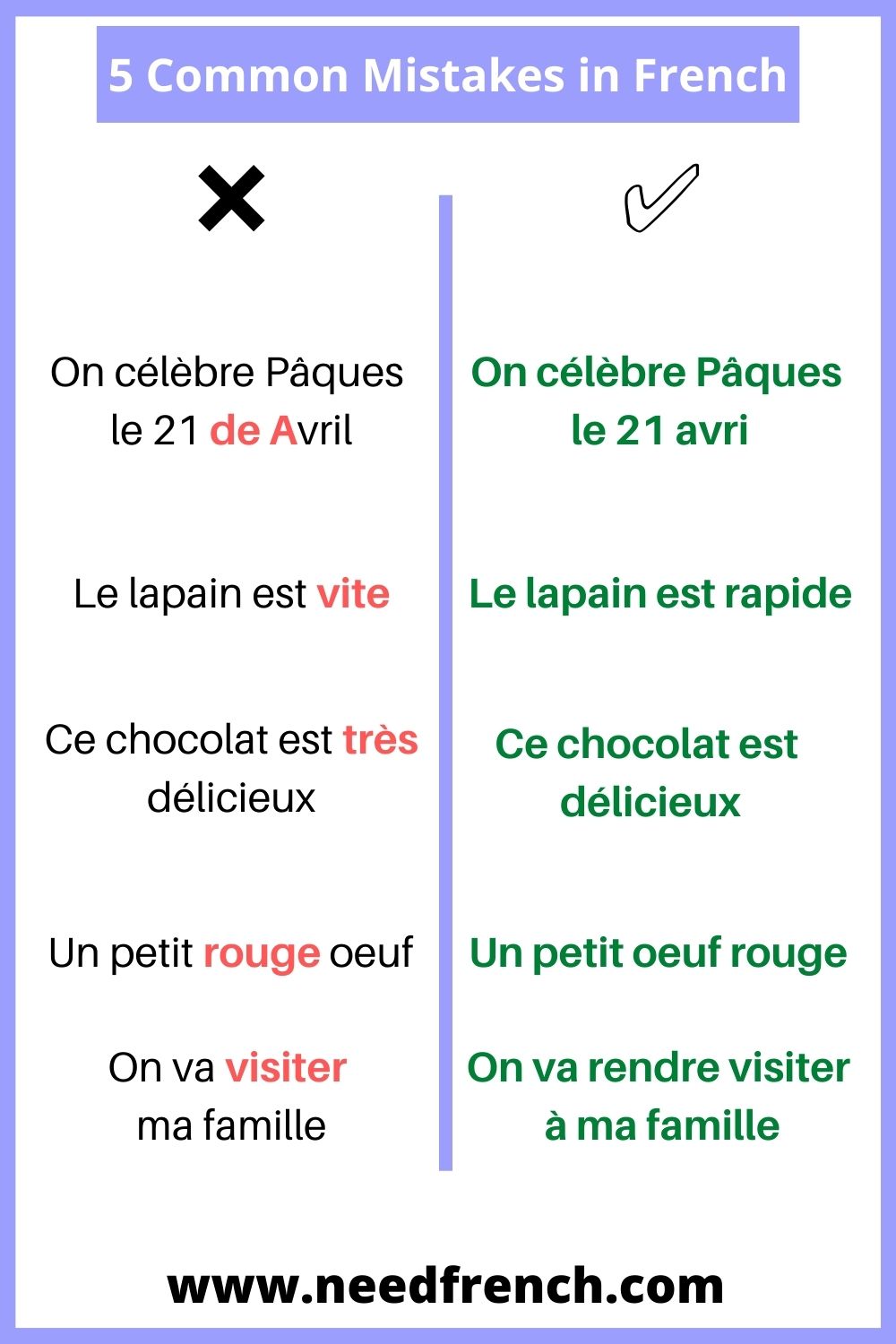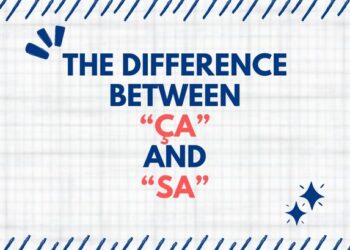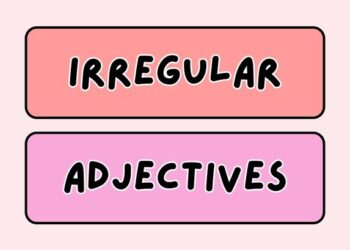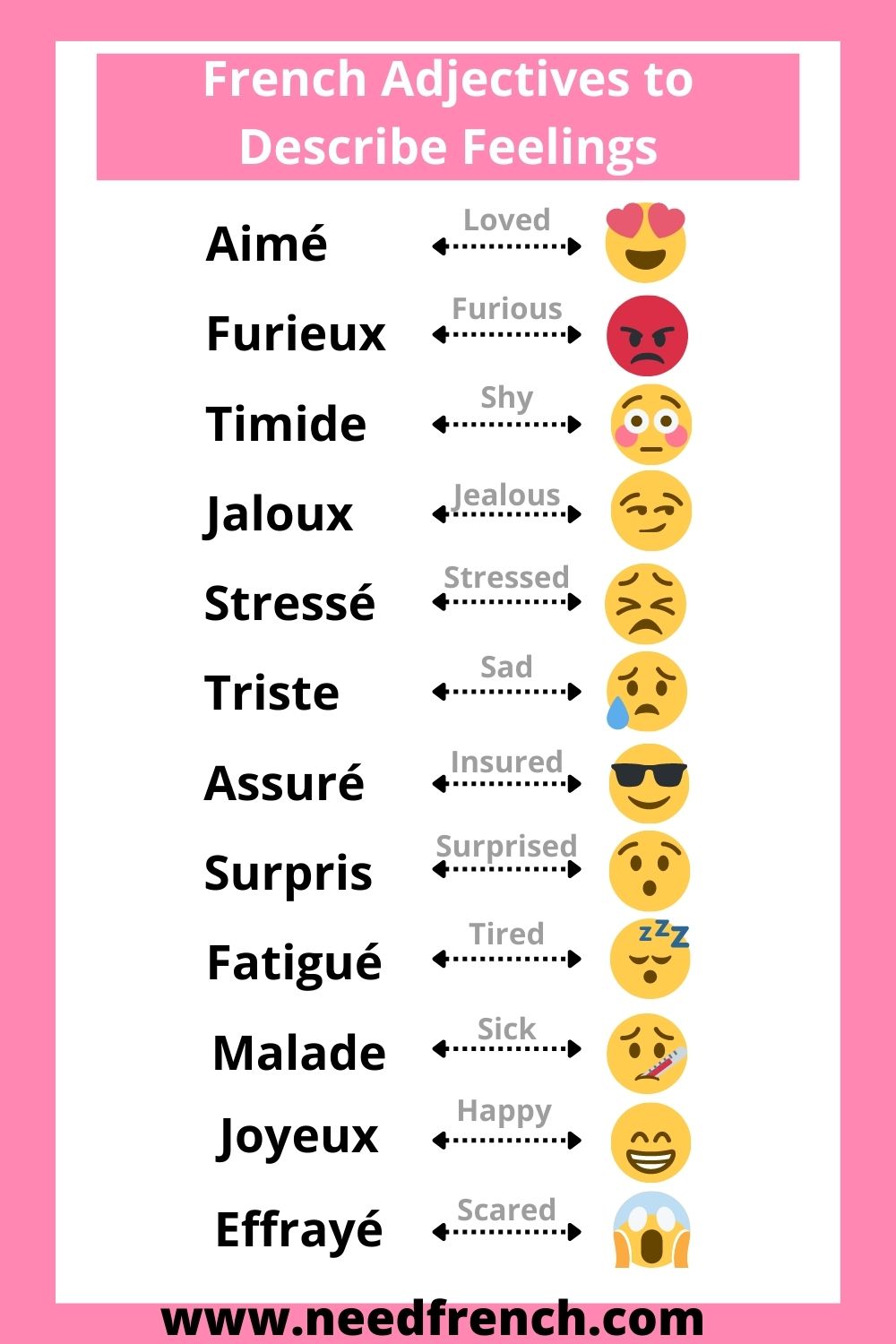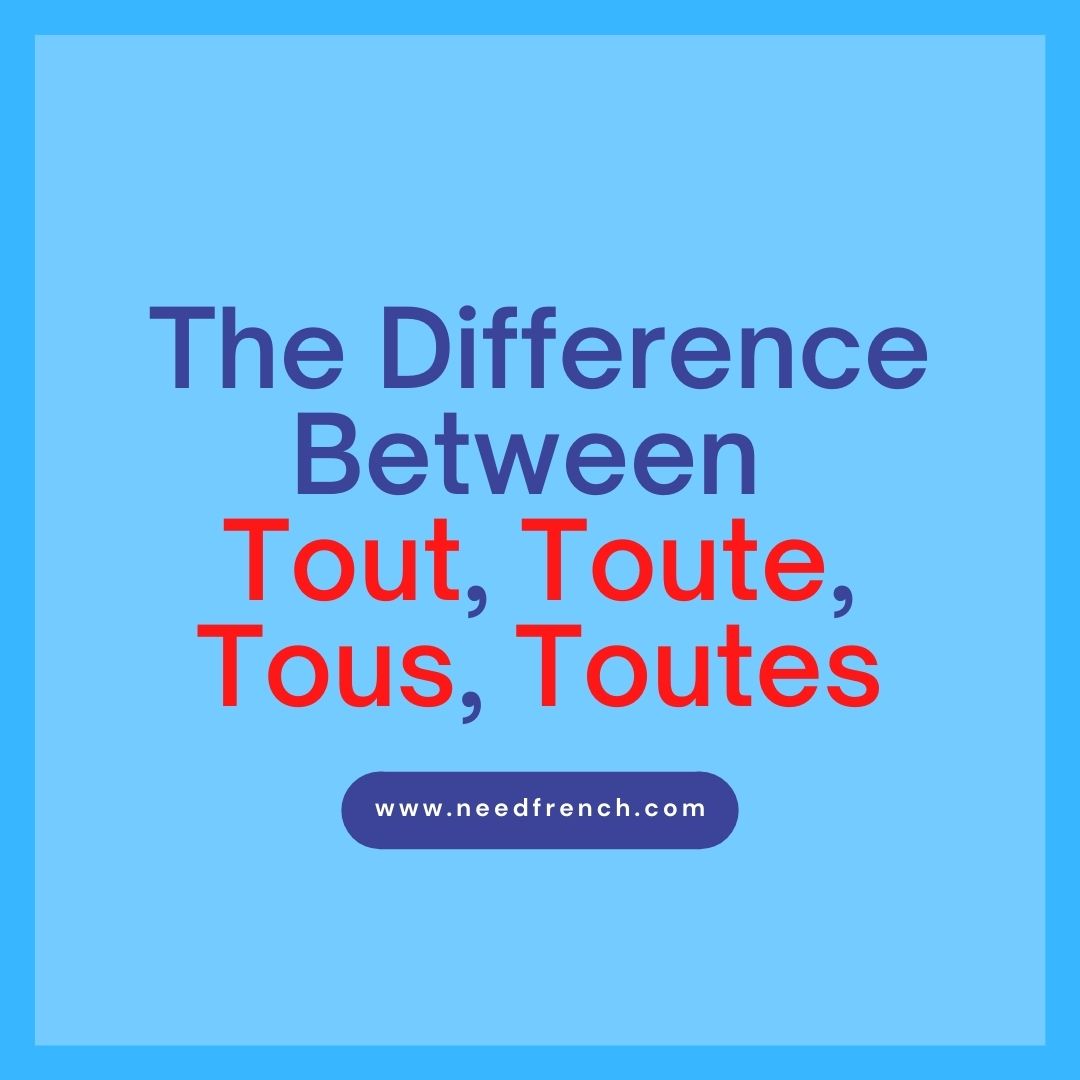For English speakers learning French, the words “quand” and “quant” can sometimes be confusing due to their similar pronunciation. However, they have very different meanings and uses. In this article, we’ll explore these differences and provide examples to help you understand and use them correctly.
Table of Contents
Toggle1. "Quand" (with a D)
“Quand” is an adverb or conjunction that introduces a notion of time. It can often be translated as “when” in English.
Uses of “quand“:
a) To ask a question about time:
- Quand viendras-tu ? (When will you come?)
- Quand as-tu mangé pour la dernière fois ? (When did you eat last?)
b) To indicate a specific moment:
- Je me souviens quand nous étions enfants. (I remember when we were children.)
- Appelle-moi quand tu arriveras à la gare. (Call me when you arrive at the station.)
c) To express a temporal condition:
- Quand il pleut, je reste à la maison. (When it rains, I stay at home.)
- Quand on parle du loup, on en voit la queue. (Speak of the devil and he shall appear.)
More examples:
- Depuis quand habites-tu ici ? (Since when have you lived here?)
- Je ne sais pas quand je pourrai partir en vacances. (I don’t know when I can go on vacation.)
- Quand le chat n’est pas là, les souris dansent. (When the cat’s away, the mice will play.)
2. "Quant" (with a T)
“Quant” is a preposition that can be translated as “as for” or “regarding” in English. It’s always followed by “à” to form the prepositional phrase “quant à“.
Uses of “quant à”:
a) To introduce a new topic or viewpoint:
- Quant à moi, je suis d’accord avec cette proposition. (As for me, I agree with this proposal.)
- Quant à Pierre, il préfère rester neutre dans ce débat. (As for Pierre, he prefers to remain neutral in this debate.)
b) To emphasize a particular element:
- Le projet avance bien. Quant au budget, nous sommes dans les temps. (The project is progressing well. As for the budget, we’re on schedule.)
- J’ai fini mes devoirs. Quant à mon frère, il n’a pas encore commencé. (I’ve finished my homework. As for my brother, he hasn’t started yet.)
c) To establish a comparison or contrast:
- Marie aime le chocolat, quant à sa sœur, elle préfère la vanille. (Marie likes chocolate, while her sister prefers vanilla.)
- Je partirai demain matin, quant à vous, vous pouvez rester jusqu’à dimanche. (I’ll leave tomorrow morning, as for you, you can stay until Sunday.)
More examples:
- Quant à la question du logement, nous en discuterons plus tard. (Regarding the housing issue, we’ll discuss it later.)
- Quant aux résultats de l’examen, ils seront affichés demain. (As for the exam results, they will be posted tomorrow.)
- Quant à savoir si cette décision est la bonne, seul l’avenir nous le dira. (As for knowing whether this decision is the right one, only time will tell.)
In summary:
- “Quand” (with D) is used to express time or ask questions about when something happens.
- “Quant à” (with T) is used to introduce a new topic or emphasize a particular element.
While it’s unlikely to confuse these two words in writing, it’s important to distinguish them clearly in speech to avoid any ambiguity in communication.
Practice Makes Perfect!
Time to test your knowledge!
- Fill in the blank: “________ à moi, je préfère le café au thé.” a) Quand b) Quant
- Choose the correct sentence: a) Quant reviendras-tu de vacances ? b) Quand reviendras-tu de vacances ?
- Fill in the blank: “________ il fait beau, j’aime me promener dans le parc.” a) Quand b) Quant
- Which word would you use to ask “When did you last visit Paris?” a) Quand b) Quant
- Complete the sentence: “Le film était excellent. ________ aux acteurs, ils étaient tous talentueux.” a) Quand b) Quant
- True or False: “Quant” can be used to introduce a notion of time. a) True b) False
- b) Quant
- b) Quand reviendras-tu de vacances ?
- a) Quand
- a) Quand
- b) Quant
- b) False
